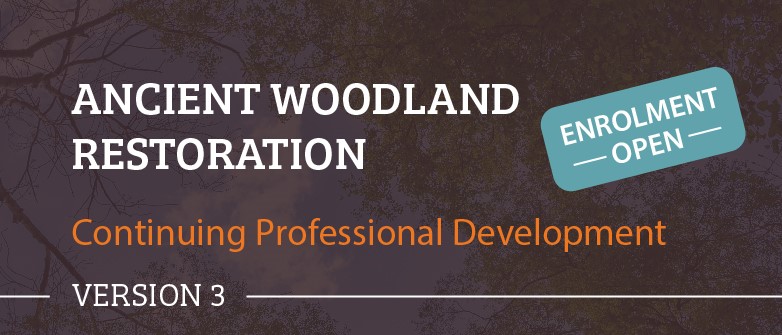Carrie Hedges
Carrie is a forestry consultant specialising in providing land owner advice, developing research, and authoring training materials in woodland creation and management, and related environmental subjects such as carbon. She is a PhD Researcher looking at the habitat preferences and influence of climate on montane scrub trees in the UK. Previously, Carrie worked for Forest and Land Scotland (Galloway), then in several roles at the University of Cumbria including teaching conservation strategies and ecology, various research and development roles in outdoor learning and nature connection, and interdisciplinary land management and policy as the Development Officer at the Centre for National Parks and Protected Areas.
Clare de Villanueva
Following a masters degree in Geology from Durham University Clare worked in Canadian exploration geology. Clare moved from rocks to water while working in flood risk and hydropower, before finally finding her home in the world of trees. Clare has worked with Cumbria Woodlands since 2014 (on and off!), providing project management and consultancy services. She also works in conservation for the Ancient Tree Forum creating training and education resources for the protection of ancient trees.


